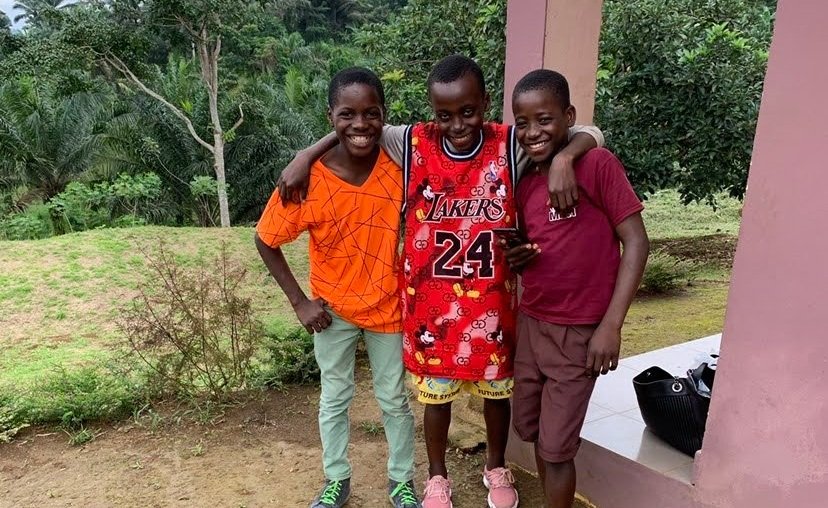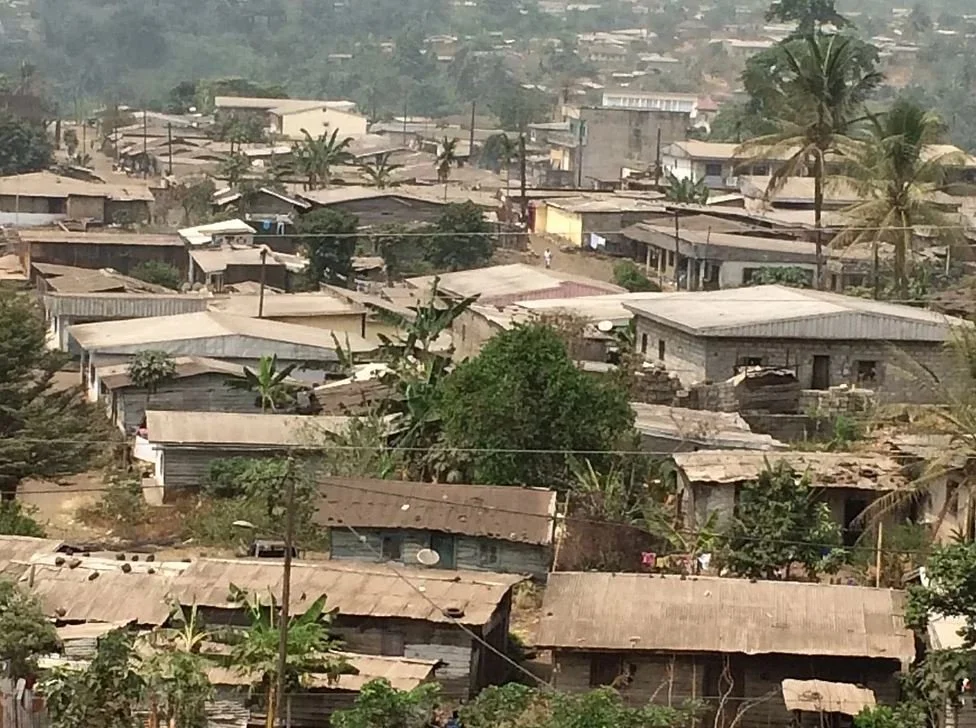
Republic of Cameroon
Cameroon is a country in west-central Africa, with its economic capital being Douala; and the political capital Yaoundé. Cameroon is also called “Africa in miniature”, due to its geological, linguistical, and cultural diversity. As you travel throughout Cameroon, you can find coast, desert, mountains, rainforests, and savanna.
Linguistically, Cameroon has 250 native languages among its 26 million people, with the official languages being French and English.
The population is predominantly Christian, with a significant minority of Muslims, and other groups of traditional faiths.
Cameroon prides itself in its native music styles, as well as its national football team.
Since 2017 there have been growing tensions, escalating into a civil war between the French and English speaking territories, also called the Anglophone Crisis. Thousands of people have been killed and over half a million displaced. The conflict is ongoing and some of our children are here as a direct result of it.
Agriculture is the pillar of the economy of Cameroon, as it’s very well suited for farming. Agricultural export products consist mainly of cocoa, cotton, coffee, bananas, rubber, and palm oil. It’s estimated that 70% of the population farms; mostly on a subsistent scale using simple tools.
Cameroon has one of the highest school attendance rates in Africa. Yet, the difference in the quality of education differs greatly depending on the location.
Manjo is a town in the Littoral Region of Cameroon with a population of about 38,000 people. It has a tropical climate. Manjo is about 90 km/55 miles by road from Douala.
Manjo Children’s Home is located outside the town of Manjo in a village called Namba.




